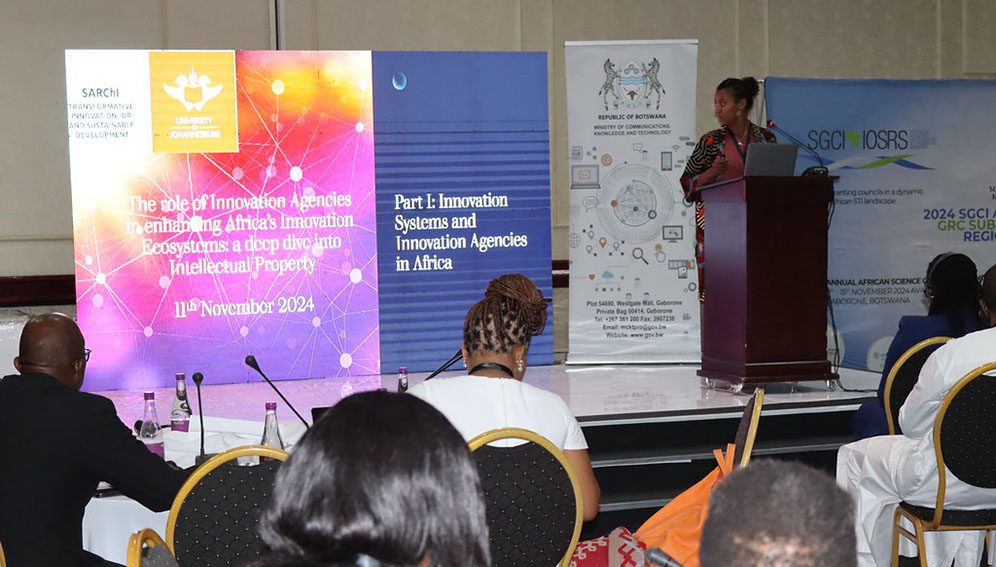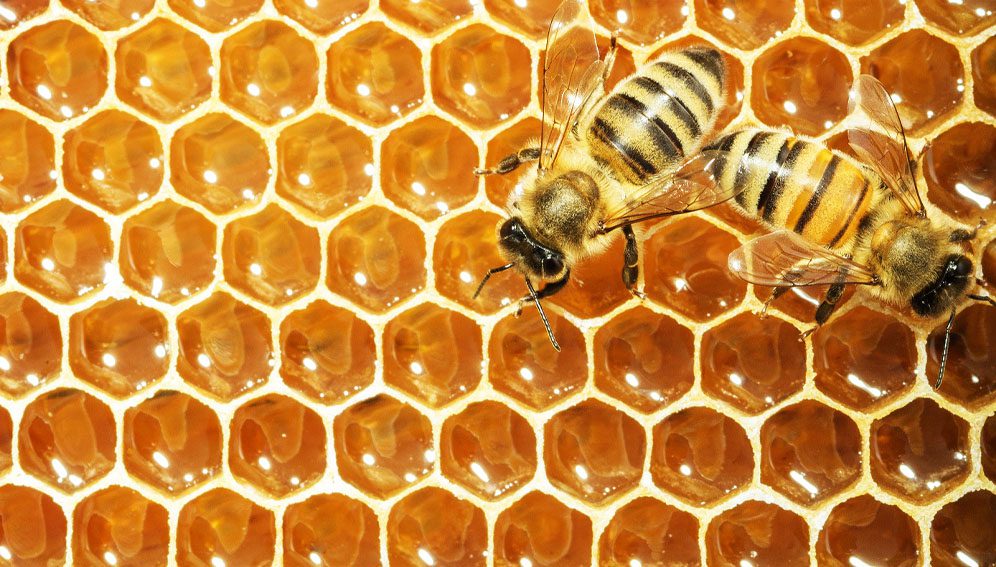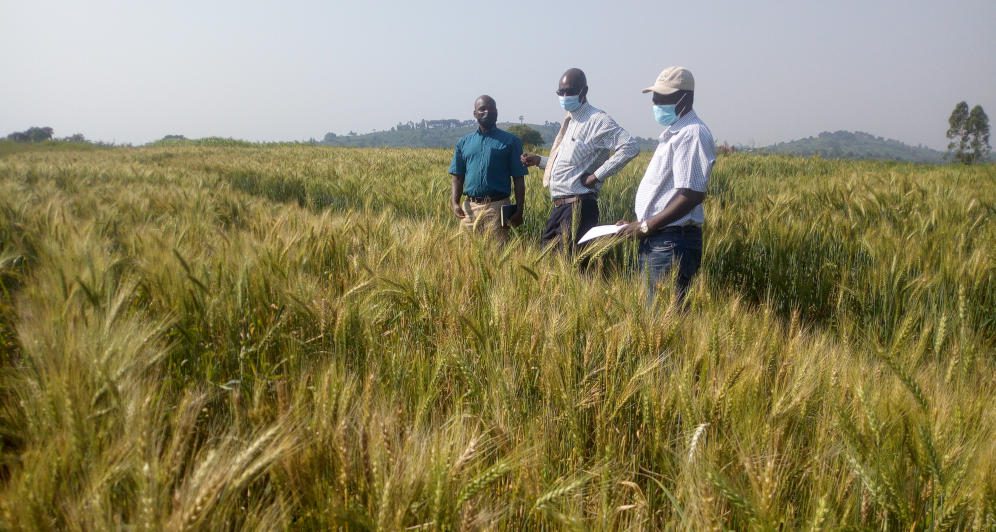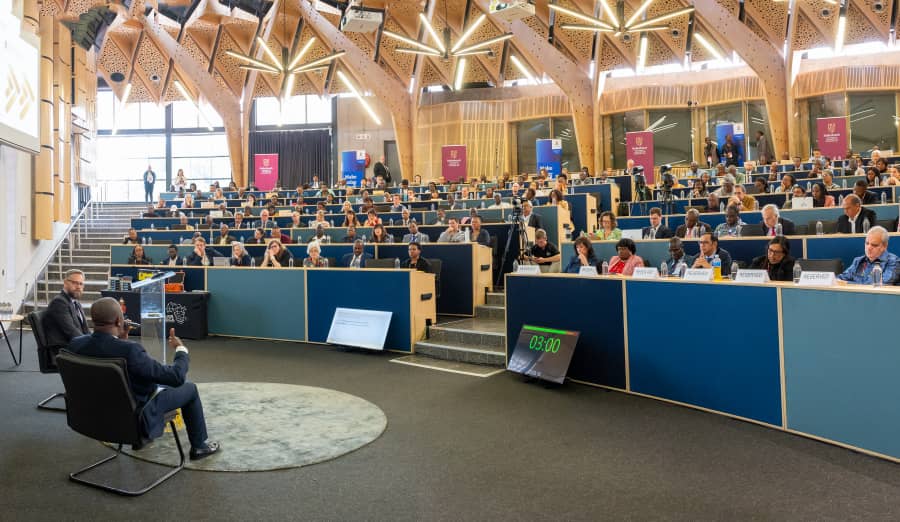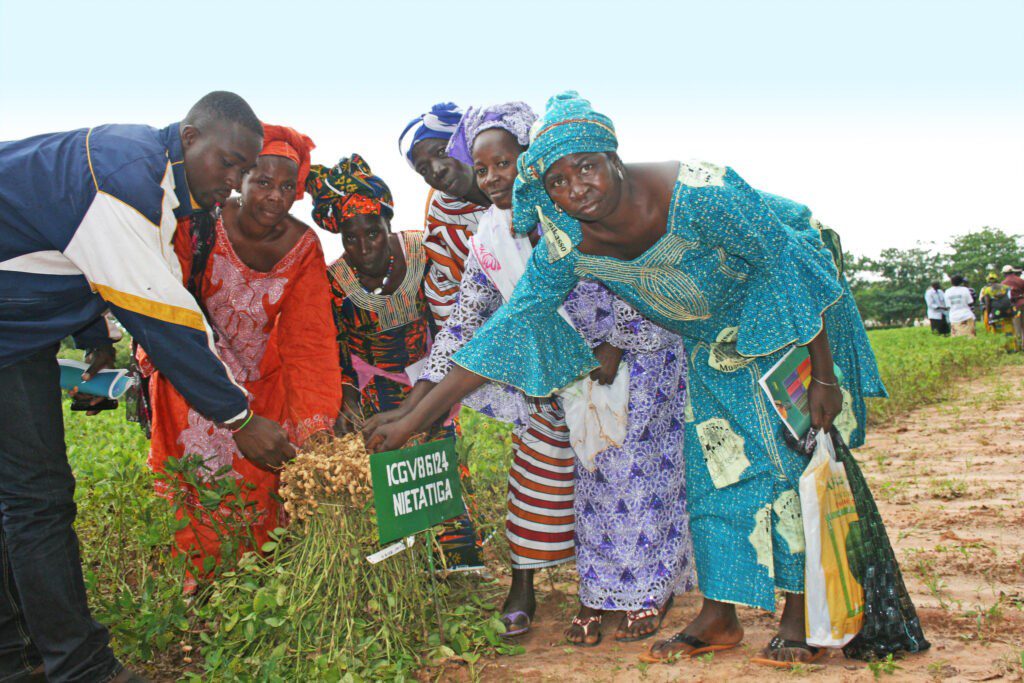Posts Tagged ‘English’
Navigating Africa’s intellectual property challenges
[GABORONE] Complicated intellectual property (IP) procedures are slowing down innovation in Africa, according to researchers, who say “innovation agencies” must help simplify processes and link researchers to markets. Despite hosting talented innovators and researchers, Africa contributes less than 0.5 per cent of global patent filings annually. Weak IP frameworks and limited coordination between African countries…
Read MoreUganda unlocks value from honey by-product
[GABORONE] When Joel Mukwaya, a biologist and post-graduate student at Uganda’s Makerere University, discovered the immune-boosting benefits of tea made from a honey-by product, he immediately sent some to his grandmother. The tea was made with propolis—a resin-like substance bees use when building their hives “I know of propolis tea’s immune-boosting properties and appetite enhancement,”…
Read MoreWind energy harnessed to solve power shortages in rural Nigeria
Nigerian innovators harness the power of the wind to provide electricity to rural communities. By Jesusegun Alagbe [LAGOS] A team of five Nigerian researchers have developed an innovative solution called AirVolt, designed to harness wind energy to generate sustainable electricity for rural communities in northern Nigeria. These areas, often disconnected from the national grid, face…
Read MoreIndigenous plants support nutrition in Southern Africa
Researchers in Southern Africa turn indigenous plants into food products to tackle micronutrient deficiencies. By Nelson Mandela Ogema Food recipes developed from indigenous plants and adapted to local climates could improve nutrition and alleviate food shortages in rural households in Sub-Saharan Africa, researchers say.The African researchers created products – including jams, juices, syrups, yogurts, and…
Read MoreMozambique’s new STI policy to drive development
Mozambique’s new science, technology and innovation policy aims to drive sustainable development and productivity. By Francis Kokutse Mozambique’s new science, technology, and innovation (STI) policy will drive economic growth and sustainable development while addressing societal challenges, researchers say. Approved by Mozambique’s cabinet on 21 May, the policy aims to leverage STI to achieve sustainable development…
Read MoreUganda fights wheat gap with heat-resistant crop
Uganda develops new heat-resistant wheat varieties to boost domestic production and reduce reliance on imports. By Funke Ishola New climate-resistant wheat varieties developed in Uganda will reduce reliance on foreign exports and support local food production, according to agricultural researchers. Across Sub-Saharan Africa, there is a growing demand for wheat, but rising temperatures are putting…
Read MoreMalawi aims to boost ethanol production amid challenges
Malawi is banking on ethanol as a sustainable and cost-effective alternative to imported petrol. By Paul Adepoju Malawi is working to increase its ethanol production through public-private partnerships in a bid to generate cheaper, cleaner transport fuel, a senior official says. Ethanol, which is made by breaking down the starch in maize kernels into sugar…
Read MoreAfrican research ‘stifled by unequal partnerships’
Equitable research partnerships lead to better outcomes. By: Gilbert Nakweya [NAIROBI] African scientists are often undervalued and marginalized in collaborative research projects, leading to flawed research questions and biased interpretation of data, academic leaders told a panel discussion. Speaking during a webinar on fair and inclusive partnerships organised by the Southern African Research and Innovation Management…
Read MoreResearch project to enrich Africa’s innovation scene
A research and innovation management programme is helping science granting councils scope out impactful projects to fund. By Afeez Bolaji A new project is addressing Sub-Saharan Africa’s research and innovation challenges, funding gaps and gender imbalances to drive development in the region. The Research and Innovation Management (RIM) project is an initiative of the Science Granting Council Initiative (SGCI) aimed at improving the 17-member councils’ ability to identify, support and…
Read MoreResearchers partner with private sector in Malawi
Collaborations with businesses and government help researchers in Malawi tackle ‘real world problems’. By: Michael Kaloki The Science Granting Councils Initiative is using the so-called “triple helix approach” to enable African researchers to collaborate with their governments, the private sector and other scientists, to advance science and overcome funding challenges. Gift Kadzamira, director general of the National Commission…
Read More
